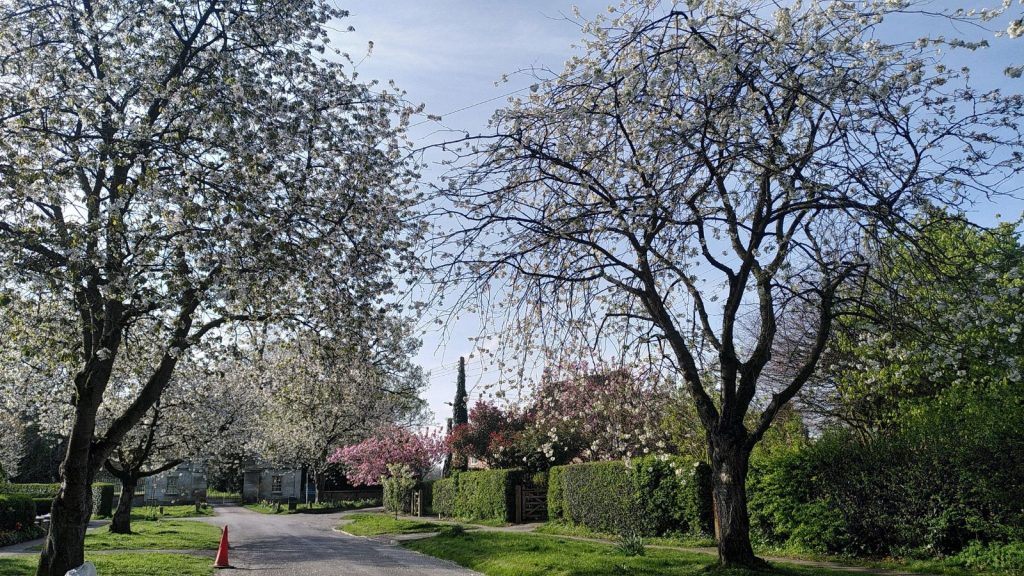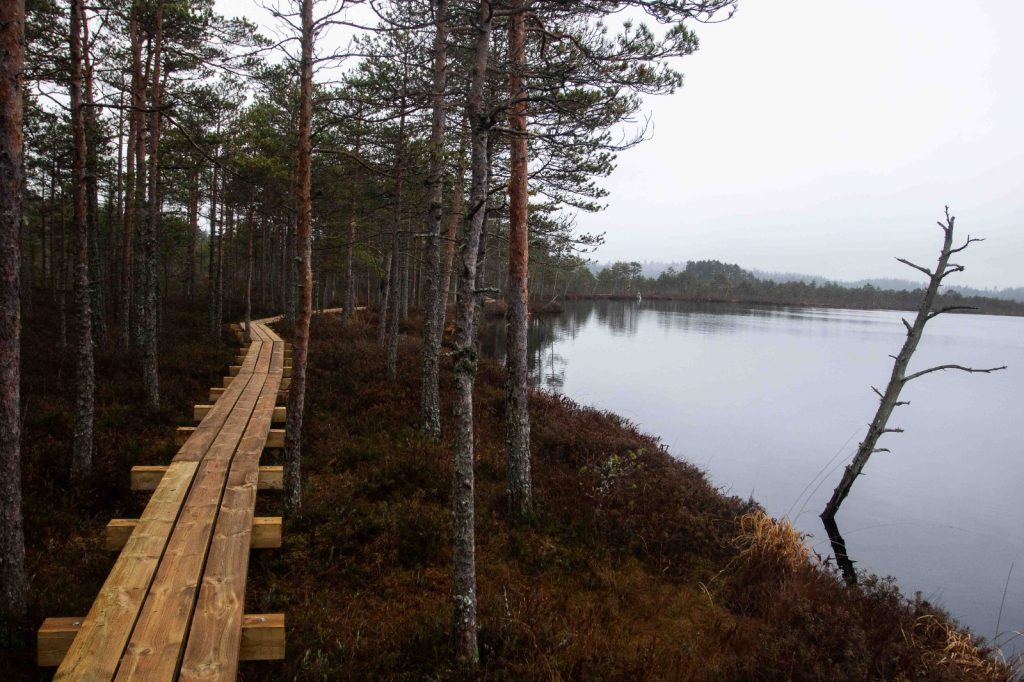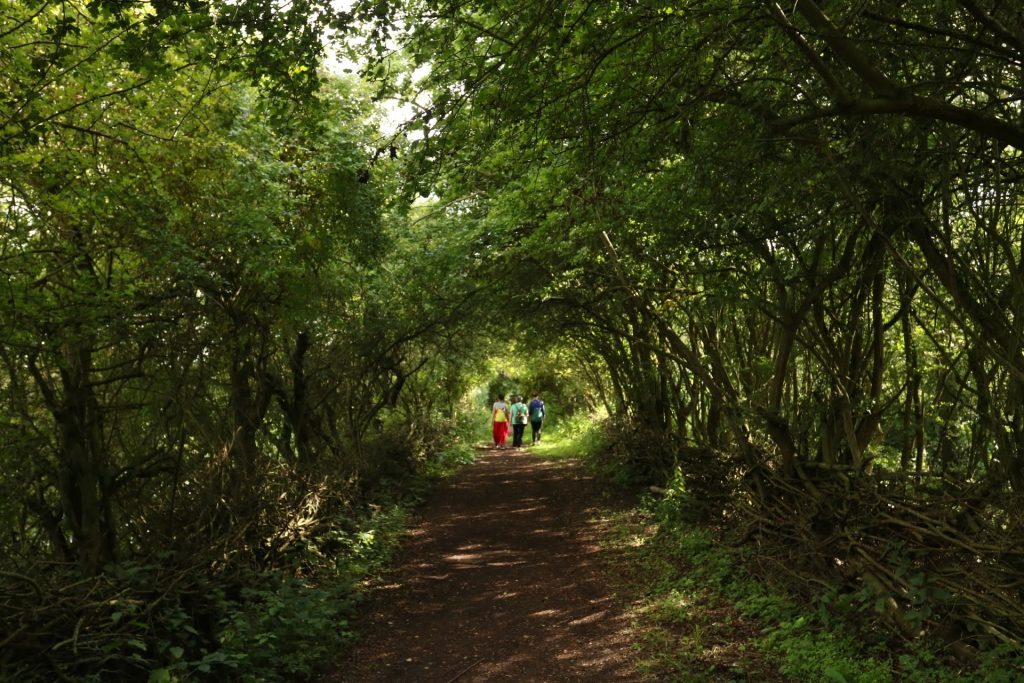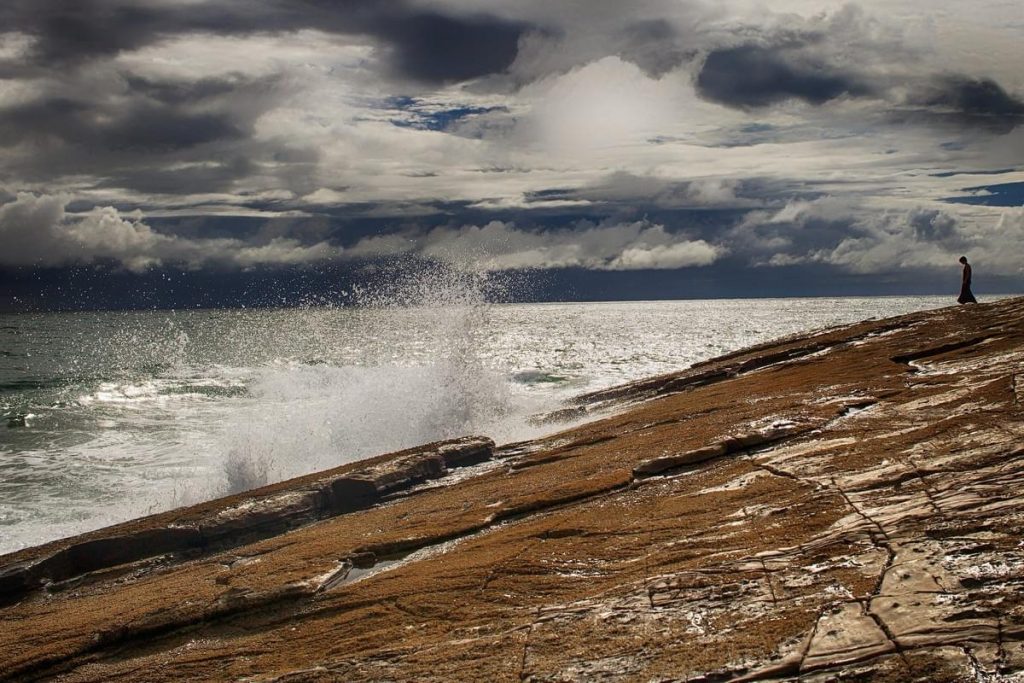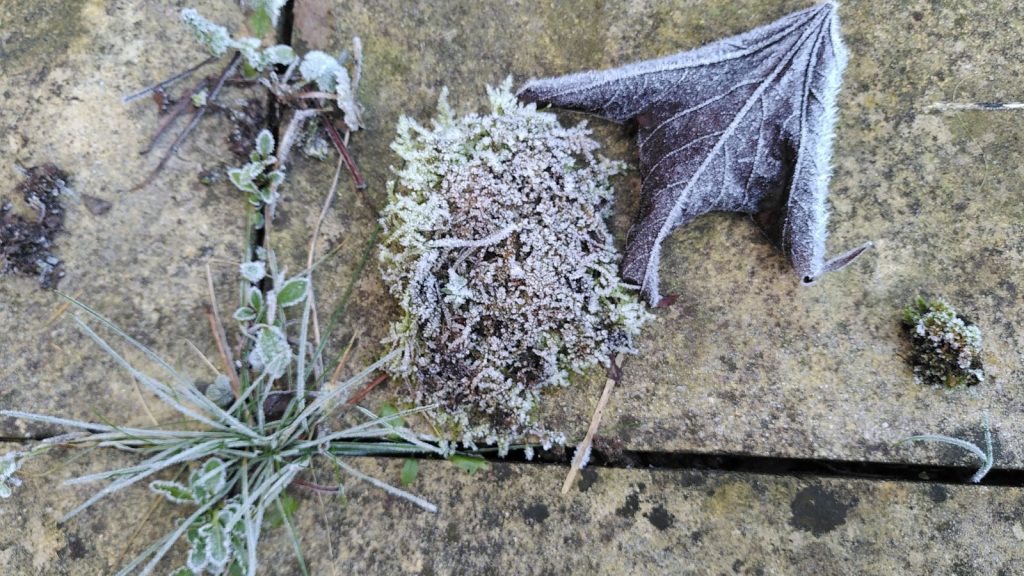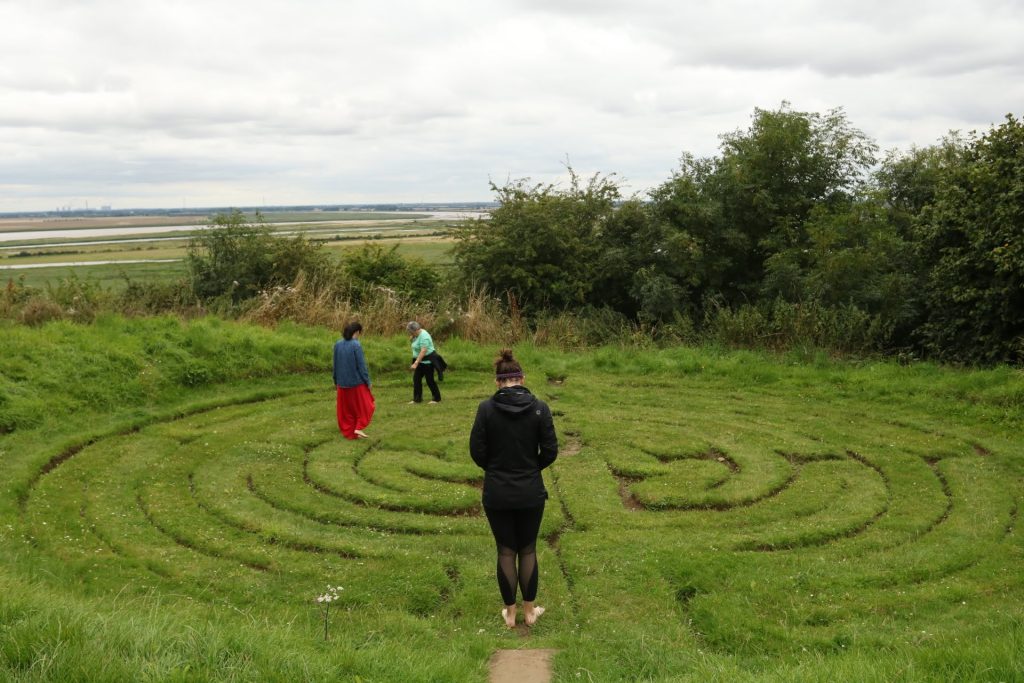Stand Up for the Planet
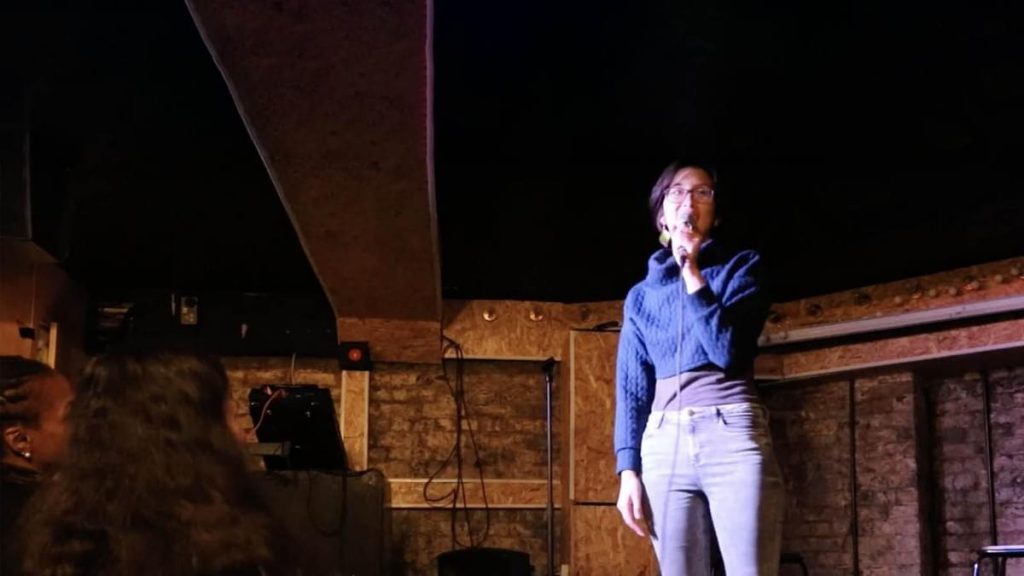
I did something last year I never thought I would do, well ok, two things. But the one I want to talk about here was less disruptive but no less daunting.
Last year, I did a stand up comedy gig.
With a set I had written myself.
Stand up comedy is a staple of British entertainment. But it’s also up there as one of the scariest things to do. Some of my fellow rebels agreed they would rather get arrested than do stand-up.
So why did I put myself through it?
Desperation, that’s always a good place to start isn’t it? And a dose of serendipity.
But that’s not where I ended up. On show night, I was kind, confident and excited. (And very nervous)
Here’s how I get there:
A Slovenian friend of mine told me about this course, Sustainable Stand Up, just when I was looking for a way to improve how I talk about climate change. I’d seen too many eyes glaze over not to do anything. Particularly around old friends and family. But at the time of filling the enquiry form in, no way did I think I’d be enrolling anytime soon.
When Belina emailed to say she could start the course next week if there were 4 willing people, I balked immediately and intended to decline – until I was reminded that, if anything, the climate crisis had added a sense of urgency and a ‘why the hell not’ attitude – I was in and I already had the date of my set!
Belina has run this course over 30 times in more than 9 countries working with NASA scientists and well-respected campaigners. Her slogan is “we make vegans fun”; helping passionate people find more ways to express themselves.
I’ve watched comedy, been to a few gigs and some open mics in my time but I’ve never got under the hood of comedy. I soon learnt that a lot of the mainstream comedy, particularly in England was just a little bit mean, sometimes very mean. And that’s not the kind of comedy we would be writing.
That meant, no self-deprecating comedy; think Simon Amstell.
No angry comedy; think Rhod Gilbert.
No shocking comedy; think Frankie Boyle.
Uh, but self-deprecation is my go to – what else is there? I asked.
The response: Compassionate comedy.
Ok, kind comedy about the climate crisis. Can that be done?
And here’s the best bit of advice from the course; sit in the cave of darkness long enough until we find the light.
Belina encouraged us to love ourselves (i.e. no self-deprecation) and love the audience because “It’s the system that really sucks!”
That’s where our set started.
We learnt how to construct jokes, tools and tips for crafting the set. One thing I realised while writing?
Comedy’s potential stretches far beyond the open mic night
You need to be really precise in comedy, Belina instructed. Every word needs to count. Think about how often people waffle on around the same point.
Comedy is also hyper-logical, you need to take your audience with you every step of the way. Something we might all be more mindful of when in complex conversations on the climate crisis (or any other conversation for that matter).
Comedy needs specificity, that’s often where a lot of the humour lies. Think about the times you zoned out of a conversation when the topic got too abstract and conceptual.
Comedy uses the active voice rather than passive. The focus is on clarity and impact. Notice the difference between, Sophia tackles climate change vs climate change is tackled by Sophia.
The power of comedy
As the course went on, we talked about the potential of comedy. Particularly this form of loving comedy. And I started to realise, because I was binge watching Netflix comedy specials at the time, that this was not mainstream comedy at all.
Another great soundbite from Belina encouraging us to buck the trend and side-step self-deprecation , “Love your weird, if we’re joyful about our quirks we allow others to be joyful too.”
Comedy can be disarming, whereas anger is disconnecting. Think about it, when is the last time someone being angry with you really changed your mind about something? It’s hard to move someone with anger and usually our reaction is to get defensive. Also anger takes up a lot of energy, Belina argued that using comedy will help our resilience.
Comedians, like the court jester in yesteryear, are able to say things that often could not be said in a different setting. The right joke can point out the ridiculous in modern life. Even the injustices.
With great jokes come great responsibility.
Belina also discussed about the benefits of play, when it comes to learning. In children, “play is key to brain development” writes Rob Hopkins, author and campaigner.
Belina challenged us to, “say something serious, then something tangential; the serious bit will stick.”
We talked about ‘making beautiful choices’ – Belina prepared us for the moment we forget our lines or stumble – in that moment, we had a choice; we could be mean to ourselves (there’s that self-deprecation again) or opt for a beautiful choice?
We watched Michael Jr’s video for homework, his mission; “to make laughter common place in uncommon places.”
The 3 minutes and 20 seconds of that video really stuck with me. So did the tears.
And there was me thinking, comedy was only for entertainment and to avoid feeling uncomfortable. My brain exploded a little bit as I took this all in.
What could I offer the audience? What beautiful choices could I make? Where could I bring laughter?
Evolving my set
Each week we performed our set to each other via video conferencing. Comediennes in training we supported each other every step of the way. I won’t easily forget Belina’s feedback in week 3; “Drop the first half of your set, [with the Essex joke and the innuendo] you’re hiding. We don’t see the real you until half way through – start there.”
Gulp. For all of us, the process of writing compassionate comedy had us dealing with a few demons. It was incredible to realise how we’d absorbed gender and cultural stories about ourselves.
My set started around a Ghandi quote; “first they ignore you, then they laugh at you, then they fight you, then you win” and the very real tension that my life facing the reality of the climate crisis was pulling me away from my old life with old friends, based on old priorities. It also explored re-writing my own story or identity even. From obedient perfectionist to rebel activist.
Editing and re-editing my story for the set had a very real consequence of clearing up why I had made this switch. And what I was doing it all for.
My comedy script, was my script.
Getting into the body
We eventually met in real life and now it was time to practice our delivery. With a week to go until our set, the Facebook event live complete with cover photo. Sh** was getting real.
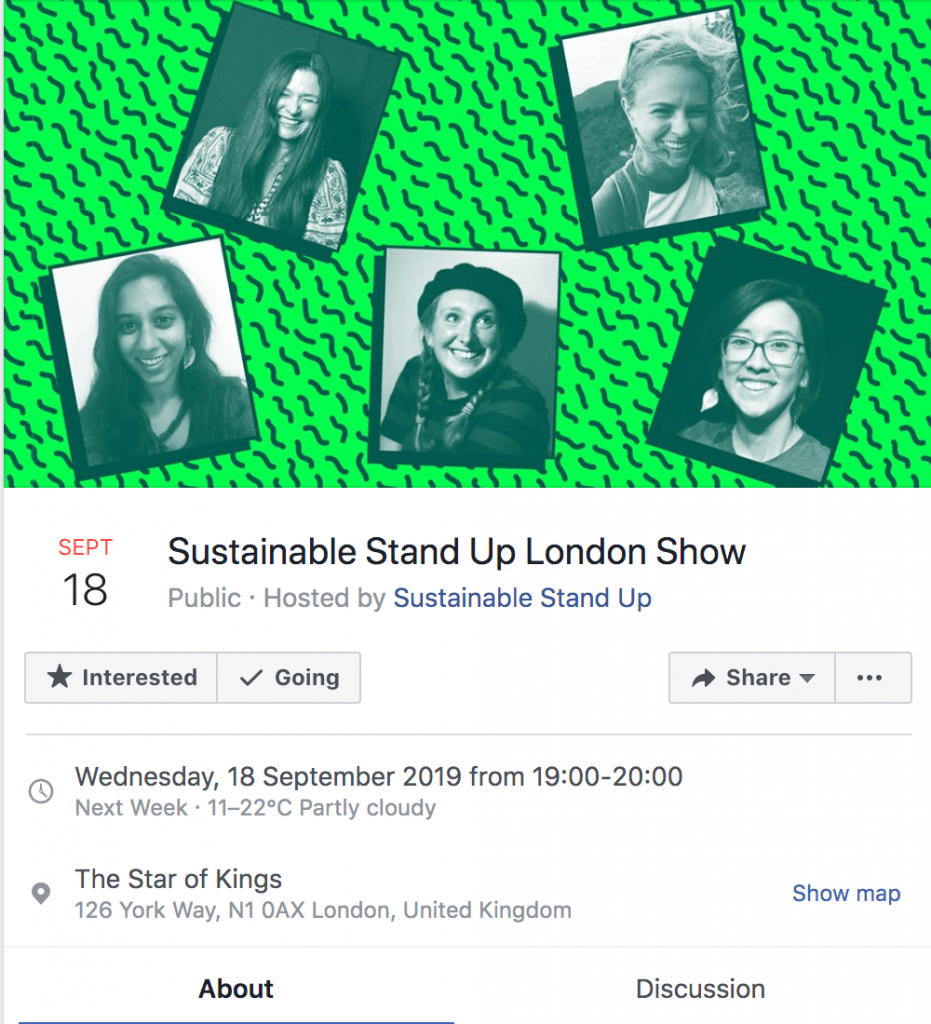
We had 10 minutes of lines to remember and then we had to play with how we performed.
We practised our set in different postures, hunched over and whispering nervously, to bellowing it like an opera. Belina encouraged us to perform from a ‘benign high status’, using our “power to raise others up.” We established our comic persona. We practised our act outs, our pacing, where to look, what to do with our hands. These last sessions were exhilarating and exhausting.
Show time
Performance day had arrived, and I was up first. The nerves had reached an all time high but I had some wonderful supporters in the room who had traveled across London to see me. As MC, Belina set up the evening wonderfully; establishing the compassionate tone.
And before I knew it she was calling me up.
The lights were so bright and my mouth was so dry.
Do you fancy having a watch?
Once I got over my initial nerves and realised that the audience was willing me on, not waiting for me to fail, I loved it. I got into my groove and played more with pauses and facial expressions than I had intended to. Hearing laughter in places you had hoped there to be laughter was such a thrill.
I was euphoric by the end. And then I had the pleasure of watching Sen, Katie and Izzy perform their sets.
The adrenaline rush afterwards was intense and lasted for over 24 hours. I honestly couldn’t believe I had done it.
The Afterglow
Months on I sometimes watch it back, I am really proud of it. All of me is in it.
It’s given me more confidence, I even performed it at the October Rebellion when the initial adrenaline rush of taking Horseguards Parade had worn off and voices were sore from the singing. (thanks Kam for the picture!)
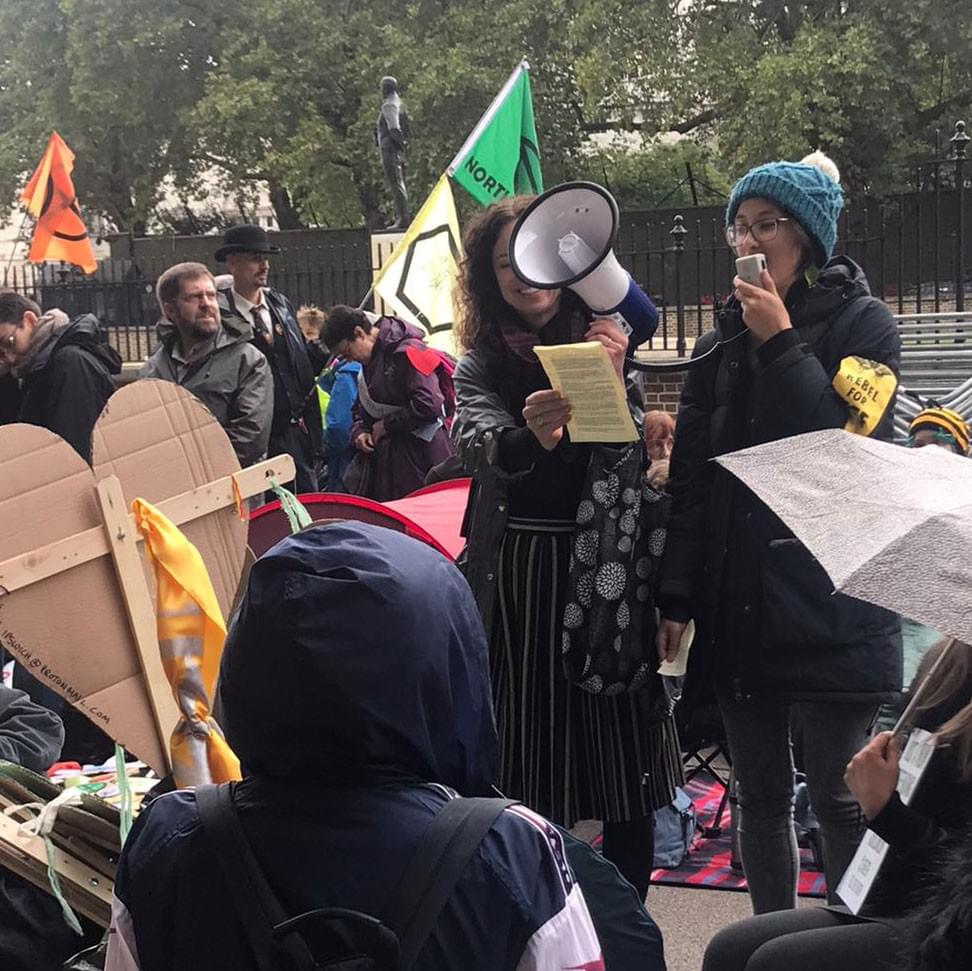
I’m much more aware of the self-deprecation when it seeps through, in myself and other people and where appropriate suggest a more beautiful choice. I recommend Hannah Gadsby’s Netflix special on the toll of a career built on self-deprecation.
And I’m much clearer on my story, when I meet new people, interviewed by a journalist or on the radio.
And it’s really widened my view on ways to talk about climate change. I am adding to my communications toolkit that I can pull out when the situation calls for it. Sometimes we need to be serious about the climate crisis, sometimes we need a really good belly laugh.
Keep an eye on the Sustainable StandUp website for a course taking place near you.
